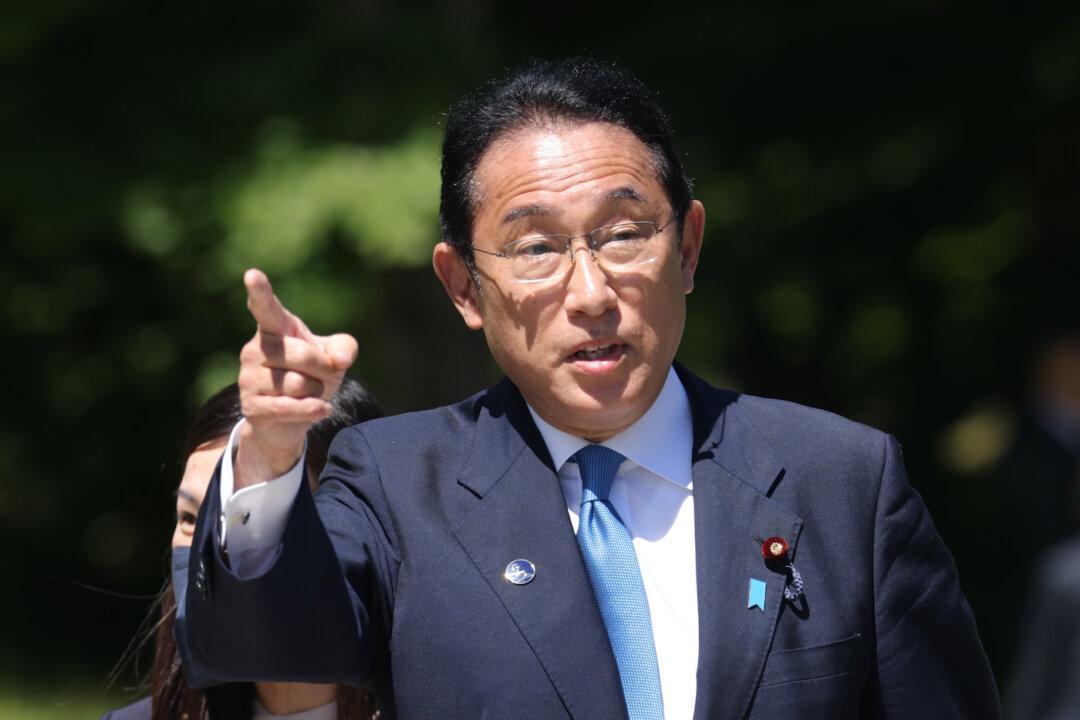Japan has agreed to coordinate with the United States in setting a price cap on Russian oil exports to pressure Moscow to halt its aggression against Ukraine, according to a Japanese official.
Japan’s Prime Minister Fumio Kishida met with U.S. President Joe Biden on the sidelines of the Group of Seven (G-7) summit on June 26 and agreed on the importance of setting a price cap on Russian oil, The Asahi Shimbun reported, citing an unnamed official.





